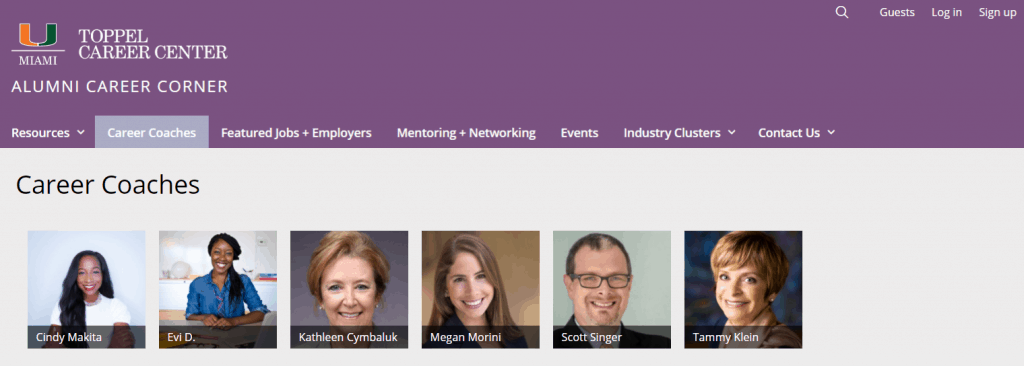New Normal
In our last blog post, we covered the Mental Health Needs of Workers during Covid-19. As organizations shift into a “new normal” and the state of the world hangs in the balance we reflect on the personality traits, attitudes, and ‘ways of being’ needed to inspire productivity in the last quarter of 2020.
Leading With Compassion, Kindness, and Patience
With social distancing ordinances still in place, and remote work now becoming the norm, employees return to work with the hope of a vaccine hanging in the distance. How will managers deal with their staff in these “new normal” times? What will happen when one worker doesn’t wear a mask and other workers feel anxious? How do CEO’s and directors stay in compliance with the laws set forth by healthcare practitioners without becoming tyrannical or dictatorial?
We believe the answer lies in kindness.
“These times require a greater deal of flexibility from leaders and HR teams than has ever been warranted in the past,” says Kris Meade, partner, chair of the labor and employment practice at Crowell & Moring global law firm. “In many ways, the playbook is out the window.” –HR Executive, 2020
The behaviors that served us in the past are no longer working. “Best business practices” in the past are simply out-dated, out of fashion, or not in compliance with the laws set forth by the state and local governments. So if these best practices need to be revised, what is a base which we can build from?
First and Foremost, Humans Need Love & Connection
“What the world needs now is love sweet love. It’s the only thing that there’s just too little of.” -Diana Ross
Love, kindness and compassion are universal human needs. Think back to a time when someone has shown you kindness in your life. How much does it warm your heart and make you feel like you’re wrapped in a big cozy blanket of love? Think about a schoolteacher that listened to your cries with compassion, or a passerby who, seeing that you were visibly upset, showed you a moment of kindness by asking what was wrong. Think about the impact a random act of kindness has on you; and how when you pass it on, it is a cycle that has no end.
Four Ways to Show Kindness as a Professional in a Work Setting
1. Listen First
“Two ears, one mouth. You have to be a generous listener.” -Tammy Klein
Listening is one of the most powerful things we can do for our fellow human beings. There are two types of listening. The first, and least effective, is listening to respond. The second, and most effective, is listening to understand. It can be tempting to cut a person off, re-state the rules, or jump to conclusions. However, when we do this, we take away people’s voice; we take away their power to speak and impose our own [rules, interpretations, stories] on them. Human resource managers employ empathy and listening in order to make the person feel that another human being is acknowledged. We all want to be respected for our accumulated life experience, and unique point of view. When we speak we can heal ourselves; when another sees and truly understands our pain, then we can truly move on from it.
2. Practice Empathy
The motto of the Ritz Carlton is “We are Ladies and Gentlemen serving Ladies and Gentlemen.” No matter who you are in the company, janitor, front desk receptionist, and regional manager, all understand the importance of empathy. The company’s ability to empathize with its clients enables them to provide an unmatched concierge service. Empathy, manners, and giving their guests ‘the benefit of the doubt’ is core to its business model.
3. Validate Their Feelings
Good listeners ask clarifying questions and don’t jump to conclusions. When an employee makes a statement, repeat it back to them saying something like, “I’m hearing that you’re frustrated with how your manager is handling this situation. Am I interpreting that accurately?” Sometimes, this also means apologizing for bad leadership, if it’s appropriate.
4. Share A Personal Experience
In our last blog, we talked about how “Authenticity” can sometimes mean “Vulnerability.” And when we become vulnerable, that can signify that we are becoming authentic.
In her 2010 TED Talk, The Power of Vulnerability, (viewed by more than 22 million people), social psychologist Brene Brown, said that “We are hardwired to connect with others. It’s what gives purpose and meaning to our lives”
When you share a personal experience or a story about yourself you make yourself vulnerable. Personal stories often reveal a flaw, a mistake, or an obstacle that was difficult to overcome.
Holding up our armor, guarding ourselves against others, and showing how tough, competent and independent we are, can lead to a sense of alienation, isolation and loneliness.
Empty corporate talk such as “How are you today?” replied by “I’m good” may actually be harming the productivity in companies. Especially when the emotions become so unbearable that the person feels they have to hold them in all the time. Understand that the quarantine has put stressors on people that have never existed before. Parents need to home-school their children. People are locked indoors for days to weeks at a time. And the common graces, such as a hug, or a touch on the elbow, can actually cause the opposite of what we want to happen.
Shifting the Conversation from Competition to Compassion
We’re all familiar with the term “survival of the fittest” but we may be less familiar with the term “survival of the kindest” – a term originally coined by Dacher Keither.
When we no longer feel the need to constantly defend ourselves against danger, and when resources are abundant, so that we are not just struggling to survive, we feel a pleasant and deep sense of contentment. It’s a sign that we are happy with the way things are and that we are in tune with our environment. When we feel safe, we are confident enough to look outwards beyond the immediate needs of survival and are able to live a more connected and harmonious way with those around us and that in turn allows us to be kinder to ourselves and to others. This bolsters the social bonds that encourage us to cooperate, rather than compete with each other.
Summary
Kindness constitutes attributes like generosity, good-heartedness, altruism, courtesy, positive behavior, goodwill, good intentions, and benevolence.
There are many ways to give, help, and demonstrate kindness. Check in on a friend. Donate your time. Follow-up with someone who was having a hard week. Demonstrate to a worker that you’re thinking of them. Listen to the full problem before jumping to a conclusion. Sometimes a simple act of kindness is all it takes for us to remember that we are not alone; that we are loved; that we are worthy.
In the News

Bring In Your HR Consultant Today!
Companies hire Tammy for Corporate HR Consulting. College-aged adults and teens hire Tammy for Career Coaching.
If you’d like to sign up for a personalized coaching session with our founder, visit our Career Coaching & Professional Development page.
Article Resources:
- The Importance Of Empathy In HR – SHRM – 2016
- Why Empathy is Key As Employees Return to Workplaces – Human Resource Executive – 2020
- Gain Better Opportunities with Career Coaching – Klein HR Solutions – 2020

